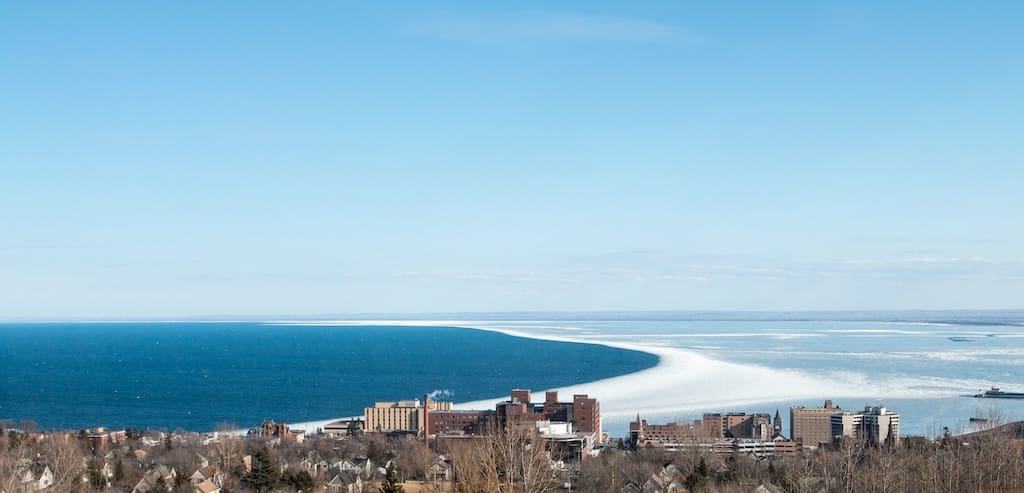
BEAD
Minnesota began accepting applications for its $50 million program. Oregon finalized guidelines for awarding $149 million from CPF.

 Photo of Duluth, Minnesota by Sharon Mollerus
Photo of Duluth, Minnesota by Sharon Mollerus
WASHINGTON, March 12, 2024 – Minnesota’s Office of Broadband Development announced on Tuesday it is accepting applications for a new $50-million round of broadband grants.
Like the state’s last round of broadband funding, which concluded last week, $30 million will be awarded through the state’s Border-to-Border Broadband Development Grant program, with the remaining $20 million slated for the Lower Population Density program.

“If anything from the last round of applicants is true, this is going to be a very competitive round again. We’re going to have really quality applications,” said Bree Maki, executive director of the state’s broadband office. She spoke at a conference commemorating the tenth anniversary of Minnesota’s flagship Border-to-Border program.
That program will fund up to 50 percent of a last mile or middle mile project’s total costs, while the Lower Population Density program will fund up to 75 percent, both up to $10 million. New infrastructure must support 100 * 20 Mbps and be scalable to 100 Mbps symmetric.
This $50 million comes from the state’s general revenue funds, but future rounds are expected to be funded by Minnesota’s $652 million Broadband Equity, Access and Deployment program allocation.
Diane Wells, deputy director of the Office of Broadband Development, said it is important to the office that Minnesota’s BEAD rules and requirements are as close as possible to its existing Border-to-Border program. States are afforded a level of flexibility in implementing grant programs with their BEAD awards, but they ultimately have to get approval from the federal government, which has its own set of rules for the program.
“If we have to just hold the line and wear them down and try to be successful in keeping it close to Border-to-Border, I guess we’re willing to do that,” she said, referencing the National Telecommunications and Information Administration, the agency charged with administering BEAD.
Minnesota has submitted to the agency a ‘cured’ version of its draft Volume One – one that includes edits requested by the NTIA – but has yet to hear back, Wells said. She said the state is planning to submit a cured version of its Volume Two by March 21.
Oregon
The Oregon Broadband Office released guidelines last week for its Broadband Development Program.
The $149 million program is funded by a September allocation from the Treasury Department’s Capital Projects Fund. The CPF was set up as a pandemic response with $10 billion from the American Rescue Plan Act. Approximately $9.2 billion has been awarded so far.
In line with CPF requirements for broadband infrastructure, projects supported by Oregon’s BDP will have to include last mile connections providing at least 100 * 100 Mbps. Middle mile projects are eligible for support, but only as necessary for last mile deployments. The maximum grant award will be $20 million.
The program does not have an official application window yet, and the state broadband office did not respond to requests for comment, but its website says more information is “coming soon” pending final Treasury Department approval.



